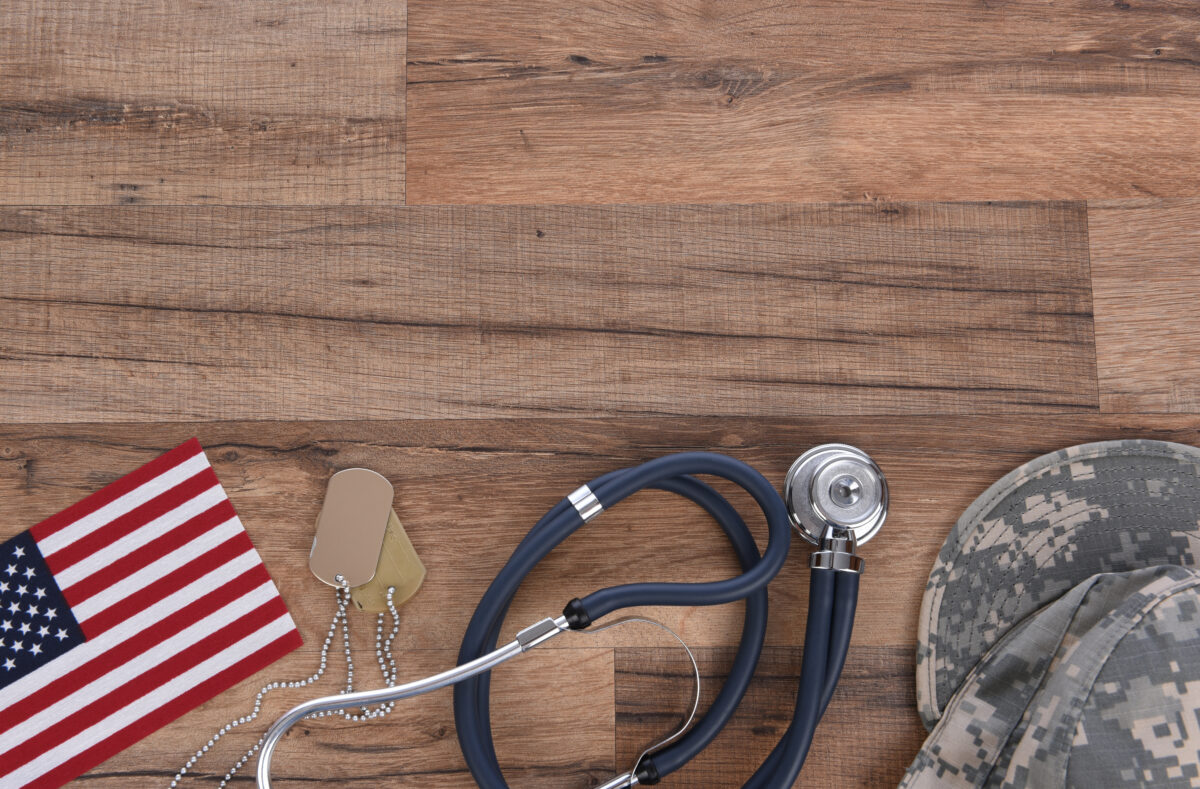If you’re a veteran who has been diagnosed with cancer or if you’re caring for a veteran with cancer, you may be facing some unique challenges. The good news is that there are many specific resources designed for veterans, their families, and caregivers dealing with cancer.
At the Healing Works Foundation, we created a pocket guide filled with resources to help you. This article reviews what you need to know and can find in this free guide.
What makes cancer care for veterans different?
Cancer care for veterans can be different from civilian cancer care in several important ways:
- Service-connected cancers. Some cancers may be related to your military service. This is important because it can affect your benefits and treatment options.
- Multiple health conditions. Many veterans have other health issues related to their service, such as PTSD, traumatic brain injury, amputations, tinnitus, or others. These can impact your cancer treatment and overall care.
- Younger age at cancer diagnosis. While we often think of cancer as affecting older adults, and it is most common in people over 65, many veterans are diagnosed at a younger age. This can affect your treatment choices and the care you receive long term.
- Different health care options. As a veteran, you may have access to more types of health insurance coverage than civilians typically do, including VA health care, private insurance, and more.
New benefits under the PACT Act
In 2022, a law called the PACT Act expanded the list of cancers that are considered to be related to military service. This is important because:
- It may make you eligible for VA health care and benefits, even if you weren’t before.
- It covers many types of cancer, including brain cancer, respiratory cancers, and several others.
- You may qualify even if you served for less than two years on active duty.
Our Pocket Guide for Veterans and Cancer tells you more about the PACT Act, and you can also learn more at VA.gov.
Where to get care
As a veteran with cancer, you have several options for where to receive care:
- VA health care. The VA has a National Oncology Program with cancer specialists across the country. They offer some unique services, such as virtual visits with cancer specialists (TeleOncology), free genetic testing to help target your treatment, and, in some areas, chemotherapy at home
- Community care. If you live far away (usually more than 60 miles or about an hour’s drive or bus ride) from a VA facility that offers the type of care you need, you may be able to receive that care in your own community from a doctor or other health care provider who contracts to work with the VA’s Community Care program.
- Private or U.S. government health care. You can also use private insurance, Medicare, or Medicaid, depending on your situation.
Tips for managing your care
- Ask about service connection. Always ask your doctor if your cancer could be related to your military service. This can affect your benefits.
- Coordinate your care. If you’re seeing both VA and non-VA doctors, make sure they’re communicating with each other about your treatment.
- Remember that mental health matters. Cancer can be stressful, especially if you’re also dealing with conditions like PTSD. Don’t hesitate to ask for mental health support.
- Explore all your benefits. There may be financial assistance, transportation services, or other benefits available to you. A VA social worker can help you navigate these.
Include your family. Cancer affects the whole family. Include your loved ones in your care decisions and ask about support services for them too.
Resources
VA Benefits Hotline: Call 1-800-827-1000 to learn about your benefits.
Veterans Crisis Line: Call 1-800-273-8255 and press 1 for mental health support.
Disabled American Veterans: Visit www.dav.org for help with benefit claims and other support.
Veteran Service Organizations: Groups like the American Legion or VFW can provide additional support and resources.
Where to go from here
Dealing with cancer is challenging, but as a veteran, you have unique resources available to you. Don’t hesitate to ask questions, seek support, and use all the benefits you’ve earned through your service.
For more detailed information, you or your health care provider may want to review the Veterans and Cancer pocket guide, created with the support of the Healing Works Foundation. You can find it at HealingWorksFoundation.org.
Remember, you’re not alone in this journey. Your health care team, the VA, and various veteran support organizations are here to help you every step of the way.
